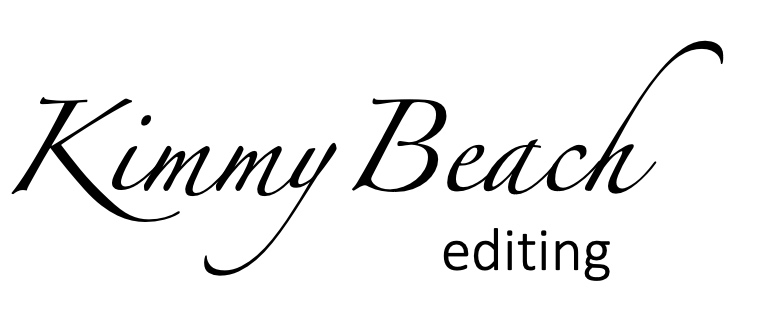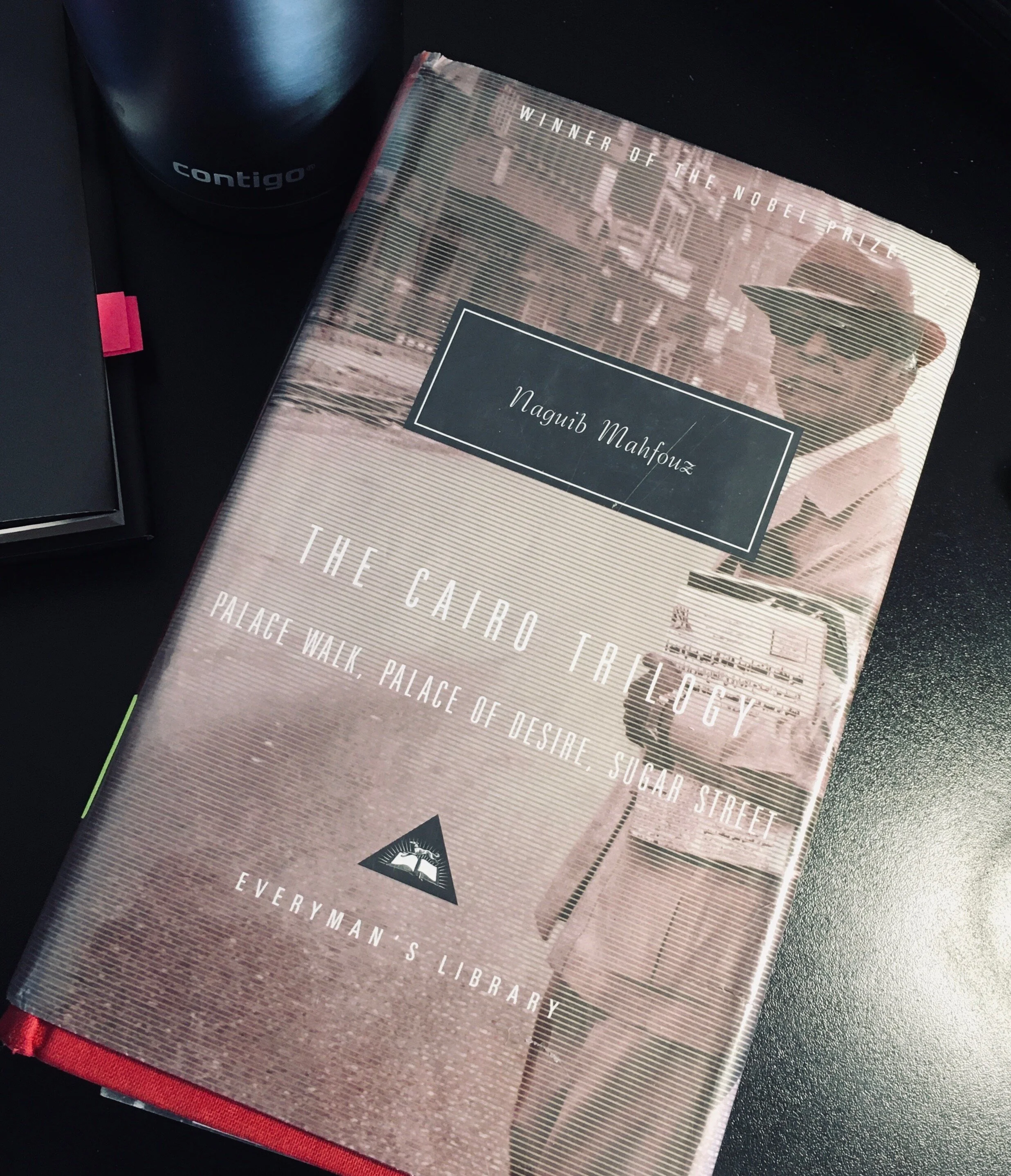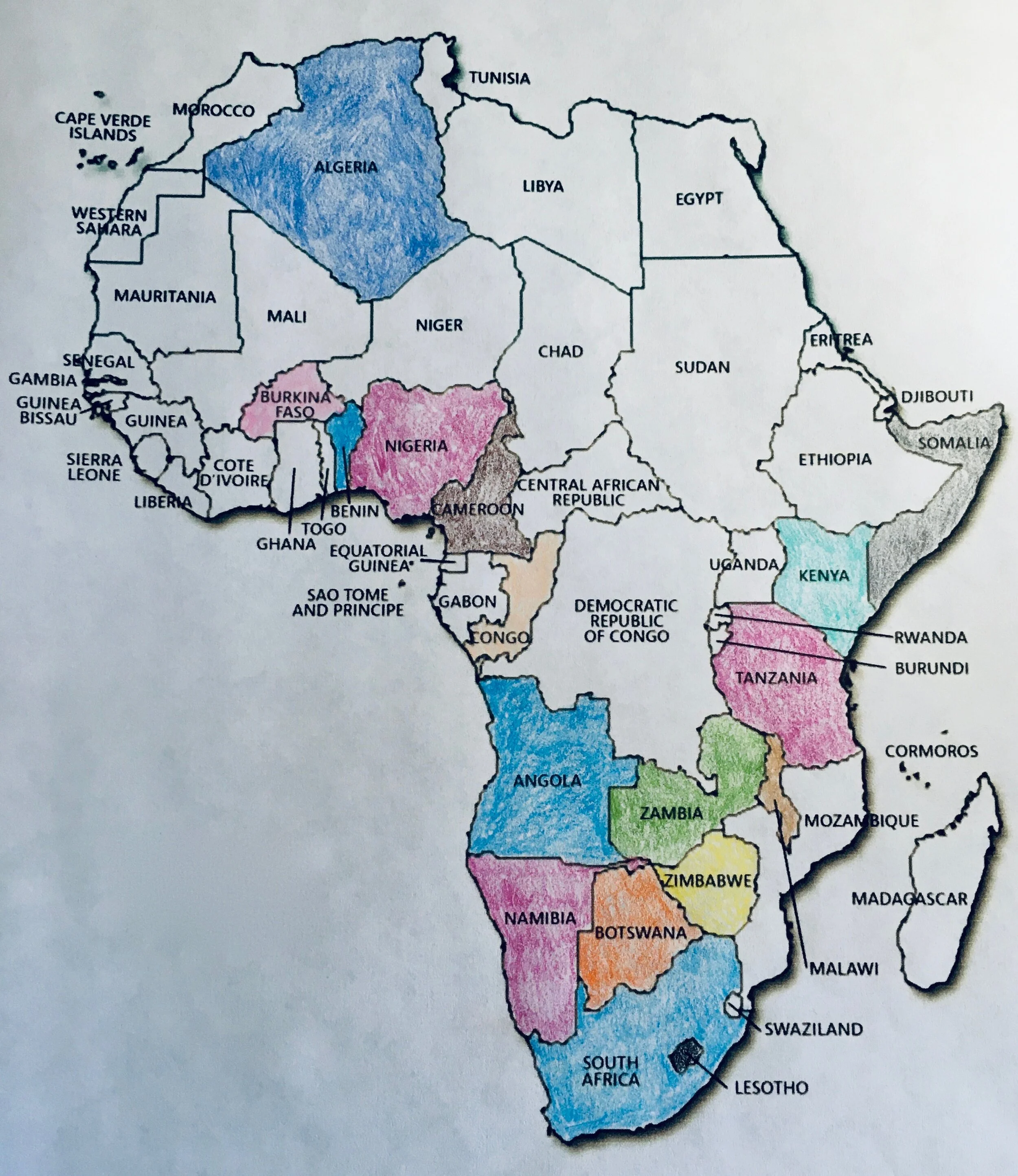Read Canadian Day! Or, as I like to call it, Read Anything You Bloody Like Day!
I think a day dedicated to reading Canadian literature is a grand idea. The premise is to read a Canadian book for fifteen minutes on the 19th of February. Okay. No problem. Most Canadian readers do that every day anyway.
I certainly do. It’s my job to read Canadian writing nearly every day in my work as an editor. I also read CanLit regularly for pleasure. I have a lot of writer friends in this country, and when they have new books out, I do my damnedest to read them. Sometimes it takes me a while to get to them, but I do get to the majority of them.
Lest you think I’m curmudgeonly about this whole #IReadCanadianDay concept, I most certainly am not. I’ve read fifteen Canadian books in all kinds of genres since the new year because I like Canadian books. That will never change.
At the moment, the welcome increase in writing by previously underrepresented voices in Canadian literature is astounding in its defamiliarization of CanLit. We’re reading stories that have now found their way in, and it’s wonderful.
Picking up a stack of books by these writers (whether they self-identify as Canadian or not) whose voices have been underrepresented can be like reading about a different country and I love it.
~~
Which brings me to why I’m not reading a Canadian book today. You’ll note a doorstop of a book (it weighs in at 1313 pages) at the top of this post. I’ll be starting that once I’m off the editing clock today. It’s called The Cairo Trilogy (yup, three books in one) by Nobel Prize winning Egyptian author, Naguib Mahfouz.
One of my strongest beliefs about reading is that if one is going to be a writer, an editor, an editor of one’s own work, or really, a reader of any kind, it’s hugely beneficial to be well-versed in the literature of a country that is not one’s own. I’m not boycotting Read Canadian day. By no means. Sometimes it’s as banal as this: This Mahfouz book came in yesterday, and it’s an interlibrary loan that took some time to get to me. I have it for four weeks, and I can’t renew it. So I have to get freaking cracking.
~~
If you know me at all, you know that I have spent the last decade becoming well-read in the literature of South Africa. I have generous friends and colleagues who’ve guided me down this marvellous path of discovery, and I’m now at the point where I know what my tastes are, what I know I’ll enjoy, and what I know I’m not ready for (yet).
I’m one of these nutbars who keeps a list of every book I’ve ever read (I started keeping track when I was fourteen or so). I keep my African books in a separate list as well so I can track my progress. I’m not obsessive about it and I’m not out to impress anyone but myself. I just love African writing. To date, I’ve read 150 African books, and of those, just over 110 are by South African writers. As I say, I’m not interested in impressing anyone with those numbers. It’s simply a hobby to which I’ve been deeply devoted for the past ten years.
The value to me is the different perspectives and ways of storytelling I often encounter in African writing. I think that if we read only the work of our colleagues and inner circles working and writing in Canada, we have less of an opportunity to expand our global knowledge, particularly our global literary knowledge.
Here’s my goofy, grade three colouring map of the books I’ve read from various African countries.
I plan to have read a book from every country on the African continent by the end of the year. I think that’s a worthy goal. This goal might be hampered slightly by the fact that I don’t yet speak any African languages (though I can parse out a lot of Afrikaans after a decade of reading books sprinkled with the language), but what I find is that I can usually score a translation of the most popular or fundamental texts of a particular country.
The interlibrary loan angels, my friend who lets me use his bookshelves as my personal library, and the magic of Kindle have been invaluable. Say what you will about Amazon, but when the cost of postage to get a physical South African book to Canada routinely exceeds the book’s cover price by 200%, it’s a viable option, and sometimes the only one.
Can I get that map fully coloured by the end of 2020? I dunno, but I’m going to do my best. I have nothing to prove, and if I don’t quite make it, I won’t beat myself up. Just as I won’t beat myself up because today’s reading is dedicated to Egypt, and not to Canada. After all—as Katie Scarlett once so astutely observed—tomorrow is another day, and my CanLit TBR stack threatens to fall over and kill me. I will get to you, dear stack. I will get to you.



